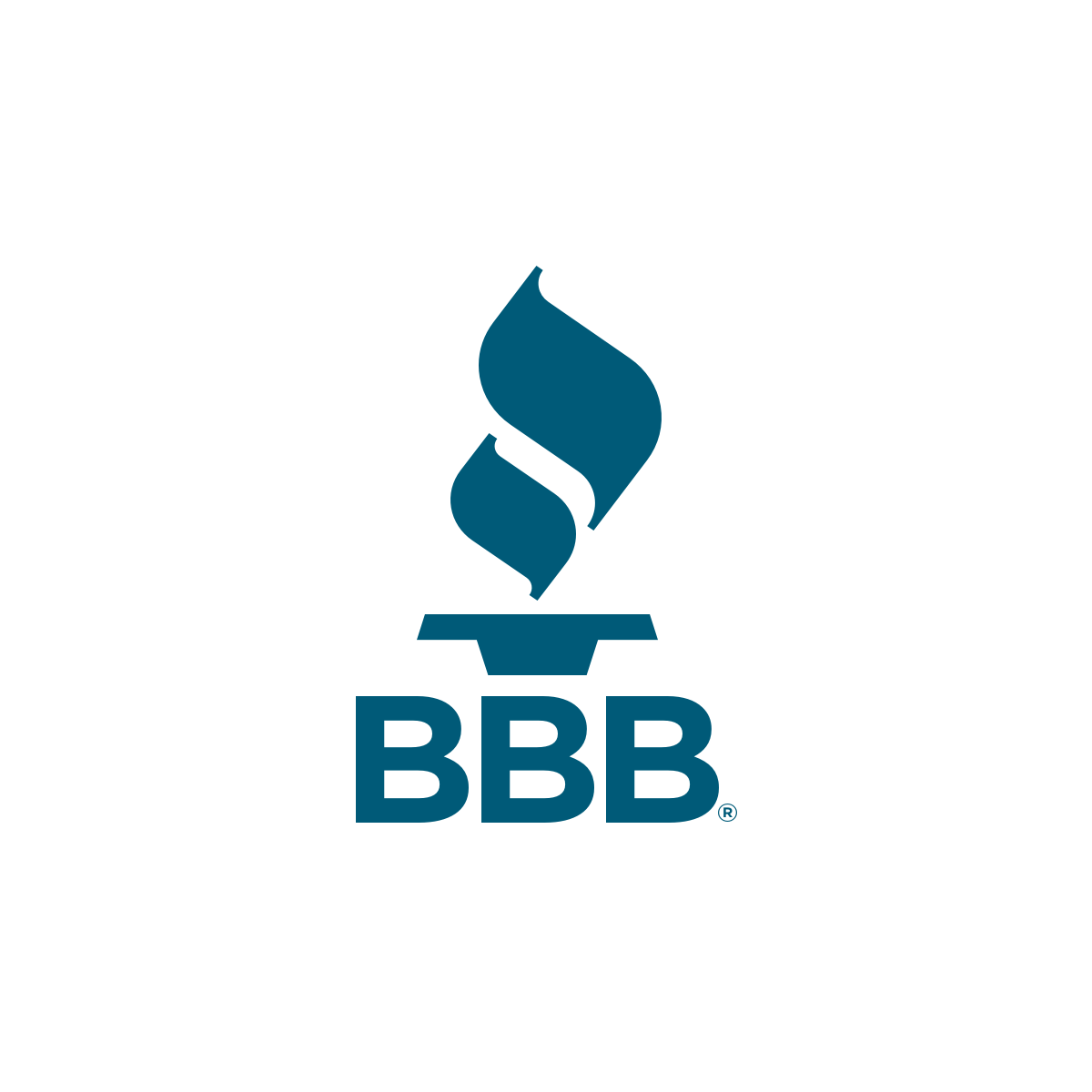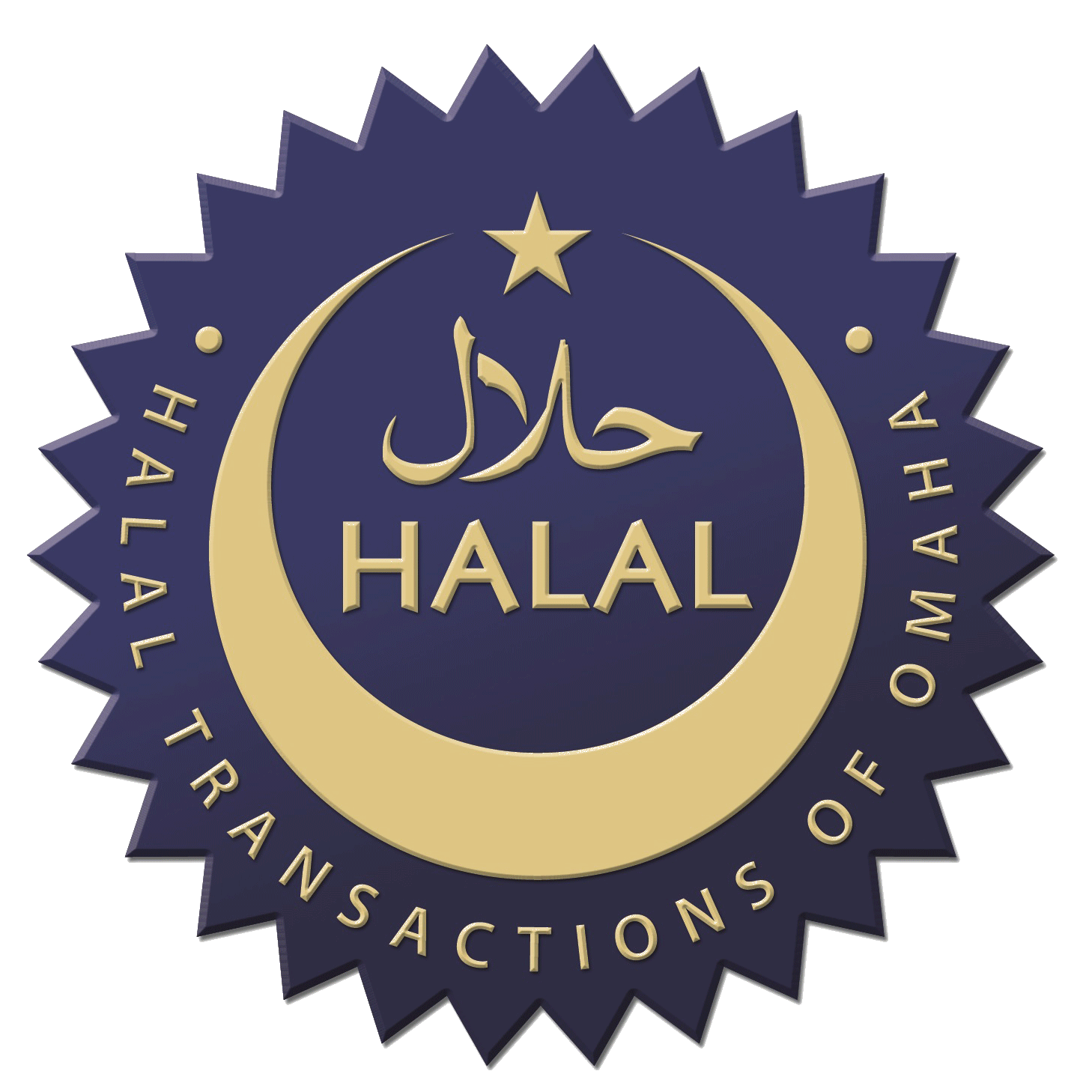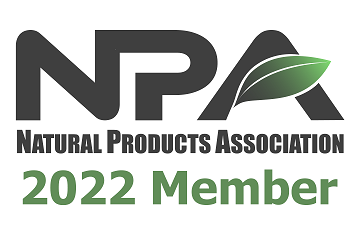Thousands of American Muslims recently expressed excitement at the news that Creekstone Farms Prime Beef, being served at top restaurants throughout America, is certified Halal. Creekstone Farms is based out of Arkansas City, Kansas, and is known for producing some of the best quality beef in America. The news, released by the website Muslim Eater, went viral in the Muslim community. The idea that such high-quality beef was available as Halal resonated positively with thousands of Muslims in the U.S. and abroad
After the news spread, Halal Transactions of Omaha (HTO), the Halal certifier of Creekstone Farms beef, received numerous phone calls and emails from Muslim consumers inquiring about Creekstone Halal beef. Many wanted to know where they could find it. Several callers mentioned they have avoided eating meat in restaurants for years and that this discovery was great news because it meant they could enjoy restaurant dining again.
However, there has also been some concern about the Halal criteria by which HTO certifies Creekstone Farms beef. Some readers questioned HTO’s standards, based on the information presented in the initial article published on Muslim Eater. Muslim Eater has since published an update to clarify these concerns based on information provided directly from HTO and its Shari‘ah Board.
Meanwhile, an unverified blog has popped up questioning procedures HTO utilizes and has made false accusations against HTO and Creekstone.
The following is a response to those claims published on social media and on certain blogs regarding the Halal criteria of Halal Transactions of Omaha and the Halal slaughter of beef that takes place at Creekstone Farms.
- The first claim made by the blogger that Halal fraud is taking place by HTO at Creekstone Farms is false. The assertions claiming that there are no Muslim employees performing Halal slaughter at Creekstone Farms are false, as well. As such, they meet the legal definition of libel (defamation by the communication of false statements through the written or printed word that harms a reputation). We have contacted the blog and asked for all statements to be removed.
- The second claim mentioned that a retired USDA official claimed that Creekstone Farms does not have any Muslim employees performing the Halal slaughter. This claim is based on an alleged, yet currently unidentified contact with the plant at Creekstone Farms. This is a libelous claim with no basis in fact. USDA inspectors are responsible for the health inspection of animals and the meat produced for human consumption. While they may be experienced in overseeing plants that operate Halal slaughter, they are not the final authority to speak on whether procedures employed at a certain plant fall under the category of Halal. This is especially the case for the inspector who has no connection to HTO or Creekstone Farms and no evidence for his claim. This function is reserved for the Halal certifier of a plant, in this case HTO, and its Scholarly Advisors, scholars of Islamic law (Shari‘ah). HTO continually checks on the slaughtermen performance and audit plants frequently.
- HTO trains and supervises Muslim slaughtermen at all plants it certifies, including Creekstone Farms. The current Muslim slaughterman working on Halal slaughter at Creekstone is named Abdi Rahman Farah. Mr. Abdi Rahman has been working on the kill floor for several months now. Like all Muslim employees at Creekstone, Mr. Abdi Rahman files a Halal Slaughtering Report on a weekly basis. In order to meet some of the HTO’s requirements for Halal slaughter, Mr. Abdi Rahman must prepare a weekly report signed by himself and the plant manager at Creekstone. Click here to view Creekstone timesheet.
- HTO determines all of its Halal criteria under the guidance of its scholarly body. This Shari‘ah Advisory board consults, advises and oversees the methods HTO requires in order for a plant to be certified as Halal. These scholars also may visit HTO’s slaughterhouses to ensure the procedures taking place meet the criteria for Halal slaughter as required in Shari‘ah, Islamic law. To ensure objectivity, these scholars do not have any business interests in Halal certification. The scholars that comprise the Shari‘ah Advisors of HTO are:
a. Imam Ahmad Azzaare – Lanham, Maryland
Azzaare is a graduate of Ein Shams University, Egypt, and the Imam of Prince George’s Muslim Association.
b. Dr. Assad Busool – Chicago, IL
Busool holds a Ph.D. in Arabic and Islamic Studies from Berkley, CA and is the author of 35 books in Islamic studies and Qur’anic translations. He is a lecturer and khatib at various Islamic centers, conferences and colleges.
c. Shaykh Rachid Belbachir – Chicago, IL
Belbachir is a scholar with ijazat (qualifications) in various Islamic sciences including hadith from Shaykh Muhammad Dedew Al-Shanqiti. He is also Chairman on the religious board of the Muslim Community of Chicago and President of Maghreb Association of North America.
d. Dr. Ali Mustafa Yaqub – Jakarta, Indonesia
Yaqub is the Imam of the Grand Mosque (Masjid Istiklal) and member of the Majelis Ulama Indonesia (MUI) – Fatwa Committee.
- HTO relies on Muslim scholars and the application of known Fatwas by major Islamic organizations, both of which are based on the authentic Sharia sources of Quran and Sunnah. Based on these sources, all slaughterhouses that are HTO-certified must meet certain requirements in order to be certified as Halal:
- Recite the Tasmiyah by a Muslim slaughterman (Bismillah, Allahu Akbar)
- Use of a sharp knife to cause the bleeding, whether by Thabh or Nahr
- Thorough bleed out of the carcass
- Death of the animal before further cutting or processing
- The third claim made by the blogger that HTO applies only the vertical cut in all slaughterhouses that HTO supervises is also not true. HTO does certify two types of Halal slaughter methods based on approval from its Scholarly Advisors, and as evidenced in a famous Fatwa on Halal slaughter issued by the Council of the Islamic Fiqh Academy, signed on by representatives of all attending delegates of over 40 Muslim countries in their meeting in Jeddah in 1997 in which they approved three methods of slaughter:
- Cutting the throat of the animal (Dhabh): it consists in cutting the esophagus, the two jugular veins and the pharynx of the This is the method preferred by Shari’a for killing cattle, sheep, goats and poultry. It is also permitted for other animals.
- Slaughtering (Nahr): it consists in plunging a knife in the base of the This is the method preferred by Shari’a for killing camels and similar animals. This method is also tolerated for the killing of cattle.
- Immolation (‘Aqr): it consists in wounding an animal when there is no other choice, at any part of the body. This method is applied for wild animals hunting of which is lawful (Halal), or ferocious domestic.
Notes:
- A portion of the actual translation of the Fatwa can be found at the end of this article (APPENDIX II).
- Nahr is the same method used by Prophet Mohammed, peace be upon him, who performed slaughter by way of Nahr of 63 Camels during the Hajj pilgrimage.
- All the three methods of slaughter described above satisfy the conditions of Halal slaughter mentioned in an authentic Hadith by the Prophet (pbuh):
“ما أنهر الدم وذكر اسم الله عليه فكل”
“Whatever causes the flow of blood (of an animal) and the name of Allah is pronounced on it then it from it”.
- The method that HTO certifies at plants that happen to perform Nahr, such as Creekstone Farms, is the method of piercing the neck of the animal by a longitudinal cut followed by a horizontal cut, which severs the major blood vessels as well as the esophagus and the trachea. This is traditionally used for large animals with long necks, such as camels, but is also allowed for cattle.
Traditional Nahr involves stabbing in the lower portion of the neck of the animal by a long sword to cause the bleeding. Since a sword cannot be used to do the same in a modern slaughterhouse, and in order to meet the mandates on humane treatment of animals, the cutting method using a sharp knife instead of a sword is the closest to the traditional Nahr. The Nahr method of slaughter is approved by various mathhabs (schools) of Islamic Thought, the aforementioned Fatwa of the International Islamic Fiqh Academy and approved by the Scholarly Advisors of HTO.
- Modern slaughterhouses utilize machinery in fast production setups to meet the demands of millions of consumers around the world. There is also a high demand for Halal meat for millions of Muslims in America and abroad. HTO certifies Halal slaughter methods at plants that utilize these modern technological setups. HTO also works with them to hire and train Muslim slaughtermen in order to meet the strict requirements of Shari‘ah, the Fatwas HTO uses and the requirements of its Scholarly Advisors. Meeting Halal criteria is a priority for HTO, in addition to quality of meat.
These points sufficiently prove the authenticity of the criteria Halal Transaction of Omaha requires for Halal certification and responds to the claims from social media and on certain blogs. HTO also establishes proof of Muslim employment at slaughterhouses that HTO certifies, specifically Creekstone Farms.
Muslims should work together to promote and protect Halal as a standard in the meat production industry, and harness technology in a way that benefits all Muslims. The Halal industry is large with room for all interested and sincere parties to work together in providing Halal options for Muslim consumers. It is imperative to consult with one another in a respectful manner in the instance that one may have questions or concerns. As Prophet Muhammad, peace be upon him, said:
“الدين النصيحة” or “the religion is sincere advice.”
Methods of communication and interaction that may cause discord in the Muslim community are not in line with the philosophy of HTO. Such methods can hurt the beef industry in general and jeopardize the food security for Muslims who wish to consume Halal in the U.S. or abroad.
HTO welcomes all who wish to interact, connect and work with us to further promote the cause of Halal and apply the authentic Islamic standards in modern slaughterhouses and processing plants.
Consumers are encouraged to contact HTO for any issues, questions, or concerns about our services:
Halal Transactions of Omaha
PO Box 4546
Omaha, NE 68104
Tel.: (402) 572-6120
Email: info@halaltransactions.org
Website: halaltransactions.org




Comments are closed